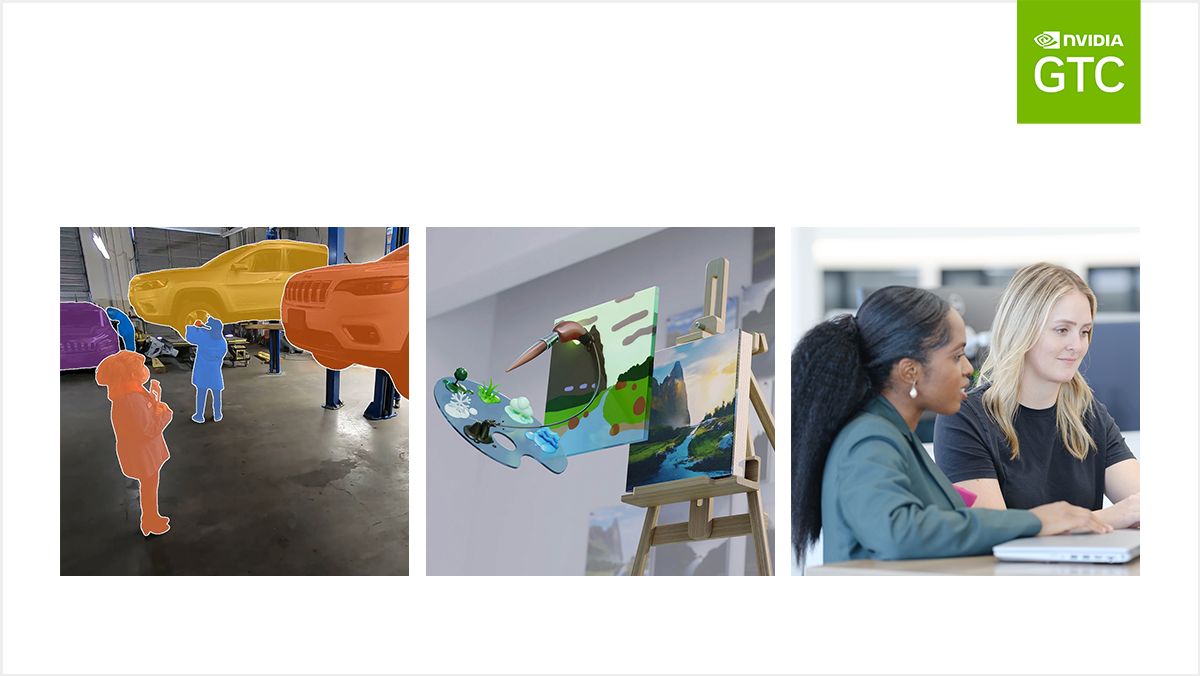This is a guest submitted post by Michael Young, co-founder and executive board member at Python Ghana, Python Software Foundation Fellow, and PyCon Africa Executive.
“The rate of technological change is the defining characteristic of our generation. Its impact on work, labor, how people live, our social and political interactions, have all been and are being transformed by the digital revolution.” – Tony Blair, former UK prime minister.
Although Africa accounts for around 17% of the world’s population, it only contributes about 3% of the global GDP. It is a known fact that one of the major drivers directly influencing economic growth is the ability to efficiently use technology.
In Africa several constraints impede adequate utilization of technology, such as unavailability of accessible Internet, expensive and unaffordable data bundles by local providers, and lack of educational reform to bridge the gap of skills between academia and industry.
Despite poor incentives by governmental bodies to improve technological literacy rates, Africa is still being touted as the next significant growth market by global economic institutions. This could be attributed to its resilience to thrive despite challenging odds.
Recent global events such as the COVID-19 pandemic have fundamentally challenged traditional structures and business models. Hafez Ghanem, the World Bank Vice President to Africa, said, “The COVID-19 pandemic is testing the limits of societies and economies across the world, and African countries are likely to be hit particularly hard”. As a result, intelligent, data-driven solutions will be crucial to enable sustainability.
Emerging technologies like AI, IoT, blockchain technology, and big data are fast-tracking the digital transformation in numerous sectors across the continent. A few multinational companies are conscientiously investing in Africa, providing resources and opportunities to emerging markets with the objective to improve the social adaptation of technology in these regions. As individuals in underserved communities make full use of these resources, more talent becomes available, which consequently attracts and increases investments, accelerating growth.
NVIDIA is taking active steps toward positively contributing to the growing trend of technology in emerging markets with NVIDIA AI Emerging Chapters. The initiative aims to provide communities with the knowledge and resources for aspiring developers to build and scale AI expertise, nurture emerging technologies, and drive innovation.
Working with Python Ghana, NVIDIA gathered members from across the country to take part in online live training sessions with experts. The training gave participants access to world-class best practices, and knowledge to facilitate their development as AI engineers.
Many had feedback from the sessions:
“Taking this course has been an eye opener to me. While undertaking my undergraduate degree as an electrical engineer, I was passionate to find ways faults could be detected in the transformers and other electrical devices.Honestly, after taking this course, I have better understanding and insight. The labs were helpful and quite detailed. I am actually considering opting for a PhD in electrical engineering so I can fully explore the applications of AI to predict faults and downtimes in electrical machines” -— Martha Teye, Applications of AI for Predictive Maintenance
“I’m so excited today! I completed an expert-led, hands-on workshop on Applications of AI for Anomaly Detection as part of the NVIDIA GTC21 conference. Thanks to the instructor Kevin McFall who was amazing and made tough concepts very easy to grasp. Now, I feel very confident in my ability to build strong anomaly detection models, just bring me the data (labeled or not.) A big thanks to Python Ghana and NVIDIA for giving me the opportunity to participate in this prestigious training. I got an assessment score of 100% and earned a certificate of competency as well!” — Aseda Addai – Deseh, Applications of AI for Anomaly Detection
“The workshop gave me the opportunity to add on to my experience with data manipulation and Machine Learning tools, specifically pandas, numpy, and scikit learn libraries and packages, as I experienced new, and evidently more powerful tools, available on the RAPIDS platform. It was an insightful and exhilarating experience. I love and appreciate data science even more now.” — Kate Abena Cobbinah, Fundamentals of Accelerated Data Science
“The program was very enlightening and very practical. Questions were answered almost immediately. The trainers also knew their stuff and were able to give good insights when they answered questions.” – Ahmad Bilesanmi, Introduction to Data Science
“I’m grateful for a great learning experience at the Deep Learning Institute at this year’s NVIDIA GTC. A great exposition on GPU-accelerated data science. We were exposed to our usual pandas, numpy, scikit-learn etc. on steroids. I learned, first-hand, the utility of their GPU-equivalents in CuDF, CuPy, and CuML. Imagine loading 58,479,894 rows of data in 2 seconds with CuDF compared to 30 seconds with pandas.” — Kwodwo Graham, Fundamentals of Accelerated Data Science with RAPIDS










